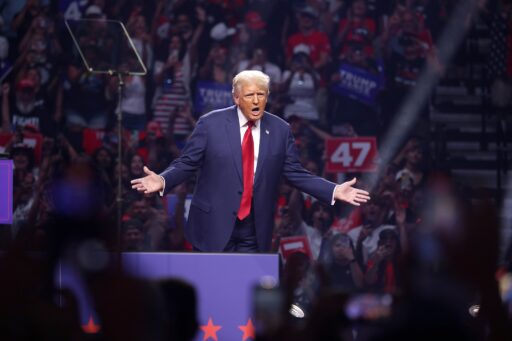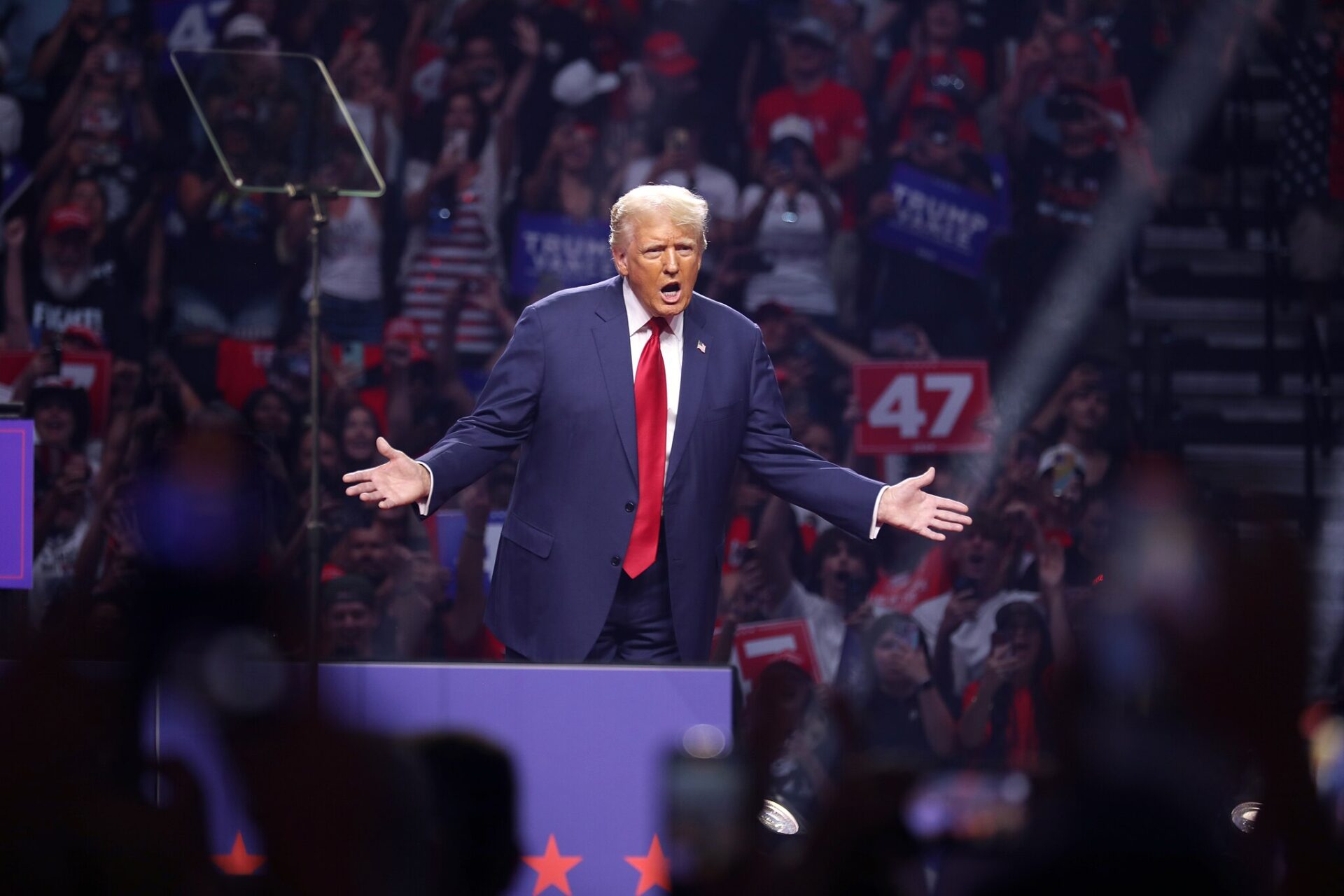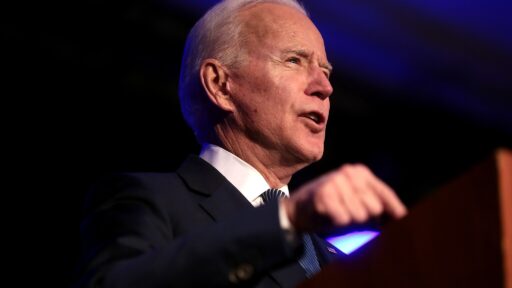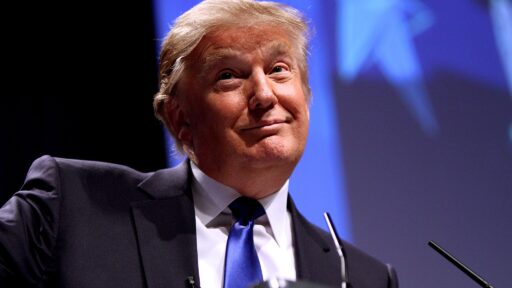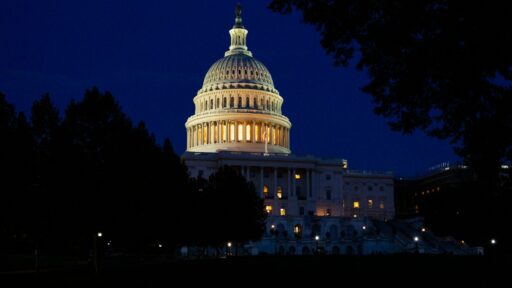Liz Cheney Gets What?
In a recent White House ceremony, President Joe Biden presented the Presidential Citizens Medal to a select group of individuals, including former Rep. Liz Cheney (R-Wyo.). Cheney was recognized for her service in Congress, her leadership on the January 6th select committee, and her outspoken defense of American democracy. Biden commended Cheney for putting “the American people over party,” a statement that reflects her role in confronting what she saw as threats to democratic institutions.
However, the award sparked controversy, especially within the Republican Party. Cheney, once a prominent conservative voice, has faced fierce backlash from her own party after she became a leading critic of former President Donald Trump and voted to impeach him following the Capitol riot. Many Republicans argue that her actions, particularly her outspoken involvement in the investigation of January 6th, have deepened political divisions rather than fostering unity.
Senator John Barrasso (R-Wyo.) was among the most vocal critics of Cheney’s recognition. He remarked that Biden’s decision to honor Cheney with the medal was an example of partisanship. Barrasso suggested that Cheney’s actions had strayed too far from the values of Wyoming, labeling her as someone who fosters division rather than collaboration. He also quipped that President Biden’s choice either reflected a potential pardon or a political gesture to reward Cheney’s stance against her own party.
Alongside Cheney, President Biden awarded the medal to several other notable figures, including Bennie Thompson, Chris Dodd, Ted Kaufman, and Bill Bradley, among others. While most of the honorees came from a bipartisan background, Cheney’s inclusion was contentious within conservative circles, highlighting the widening rift within the GOP.
For many Republicans, Cheney’s break from the party—particularly over the handling of the 2020 election and the events surrounding January 6—marks a troubling departure from conservative principles. The ceremony underscored the increasing polarization within American politics, with questions remaining about whether such acts of recognition are meant to unite the nation or simply deepen existing divides.


